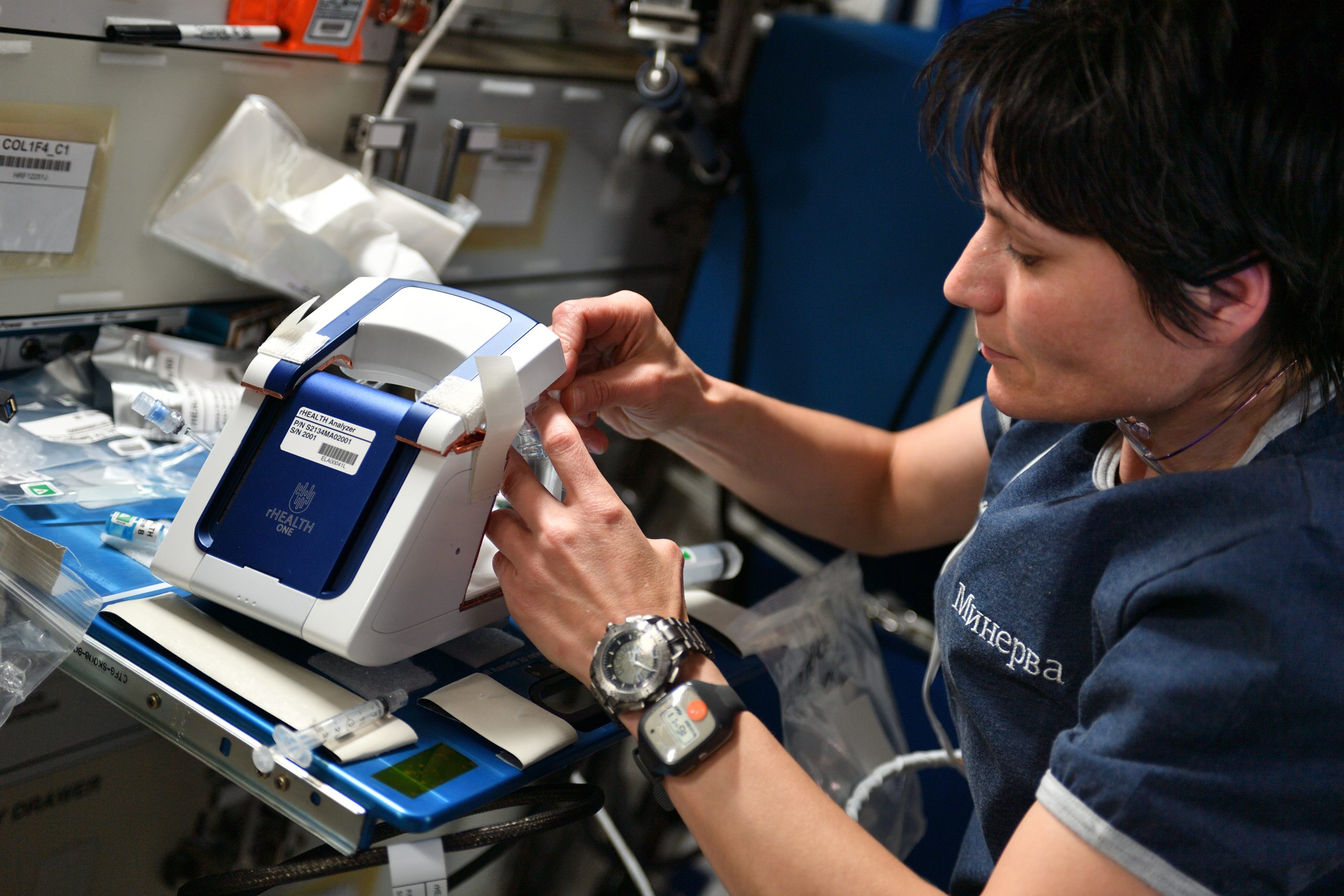[ad_1]
This commentary is by Walter Carpenter of Montpelier, who works in Vermont’s tourism business and is a writer and a health care activist. In 2006, he nearly died at the hands of the health care system and has been an activist since that time, fighting for health care as a public good. He is on the advisory committee of the Green Mountain Care Board.
Lately there have been numerous commentaries about the sickness of our health care system. Bill Schubart, Julie Wasserman, Mark Hage, Dr. Paul Manganiello and, most recently, Lee Russ, have all written eloquently and knowledgeably at VTDigger.org about our costly and deadly health care dysfunction and offered ideas on how to potentially cure it — that is, of course, if we have the moral, social, and especially the political courage to do it.
So far, we have not had that courage. This is evident in the continued suffering under our health care system (it is generous to call our health care mayhem a system, but I will stick with that word for now for the sake of brevity and clarity) that causes so much needless agony.
Absent from most health care discourse is the patient’s view. It is easy to get lost in the swamps of health-care-nerd land, wallowing around in terms like “all-payer model,” “value-based care,” and thousands of others that make people’s eyes glaze over.
This all conceals what this dysfunctional health care means for ordinary people. As an activist for single-payer health care for the last dozen or so years, I have been carpet bombed with an unknown tonnage of acronyms, charts, graphs, percents, and more than enough data to reach to the moon and back.
None of this has a single import on the experience of being inside the system for which we pay so much and get so little in return. A system that is supposed to care for us when we need it too often feels like it is victimizing us for its own advantage. Take a moment, for example, to read what medical debt means to the lives of many Vermonters on the website Medical Debt in Vermont.
In my long years of health care activism, I have heard our administration, our Legislature, and the “experts” all refer to patients as “consumers.” This turns me pale with suppressed fury. Someone yellow with jaundice and turning ashen gray because of it, as I was 16 years ago, is not a “consumer” choosing to buy a $10,000 iPhone.
We have turned our health care into a business relationship where health care is just a product the consumer is buying from a system selling it for the highest price that it can get for it.
Lee Russ said it best in his Digger commentary, “How many inactions does it take to make a disaster?“: “Health care amounts to a huge economic pie. The public supplies the ingredients: money in the form of insurance premiums, co-pays, deductibles, taxes and the cost of services not covered by insurance. The health care industry feasts on the pie.”
This was true even before the dubious advent of OneCare. When my liver was shutting down and poisoning me 16 years ago — a condition that could have been fixed in 15 minutes, but dragged on for months because of our insurance system — I was asked for my insurance card as often as I was asked how I was feeling. I was forgotten in doctor’s offices, hospital waiting rooms, and surgery prep rooms as if I was not there at all. I quickly learned that, in the jaws of this machine, if I did not fight for myself I might not survive it.
This was usually not the fault of the floor staff, who themselves are treated as raw material to be used for profit, while the many layers of administration and plethora of management are considered assets. I always admire how underpaid and overworked floor staff manage to cope with scores of patients like me being rammed through the system like we were on a surgery geared to producing ever more accounts receivable. One thoroughly exhausted nurse fell asleep on my arm as she was sticking the needle of an intravenous tube into me.
These staff people are the human face representing what our health care should and would be if it were a public good instead of an industry feeding off consumers and human “resources.” It is the doctor who took several hours from a badly needed day off to come into the office, coordinate the retrieval of scan results, and personally call me to announce with relief that I did not have bone cancer, a possibility raised by initial tests.
My most recent health care experience still treated me as a “consumer.” A request for my Medicare and Medicare supplement cards for “billing purposes” was the first question I got at the check-in desk of a Vermont hospital on a recent visit for a test.
It was almost like a hotel wanting a credit card to secure the reservation. This is incredibly dehumanizing. It reduces health care almost to a skit by a famous comedian in the last century, Jack Benny, who was asked by a robber during a mock holdup, “Your money or your life.”
Did you know VTDigger is a nonprofit?
Our journalism is made possible by member donations from readers like you. If you value what we do, please contribute during our annual fund drive and send 10 meals to the Vermont Foodbank when you do.
[ad_2]
Source link










